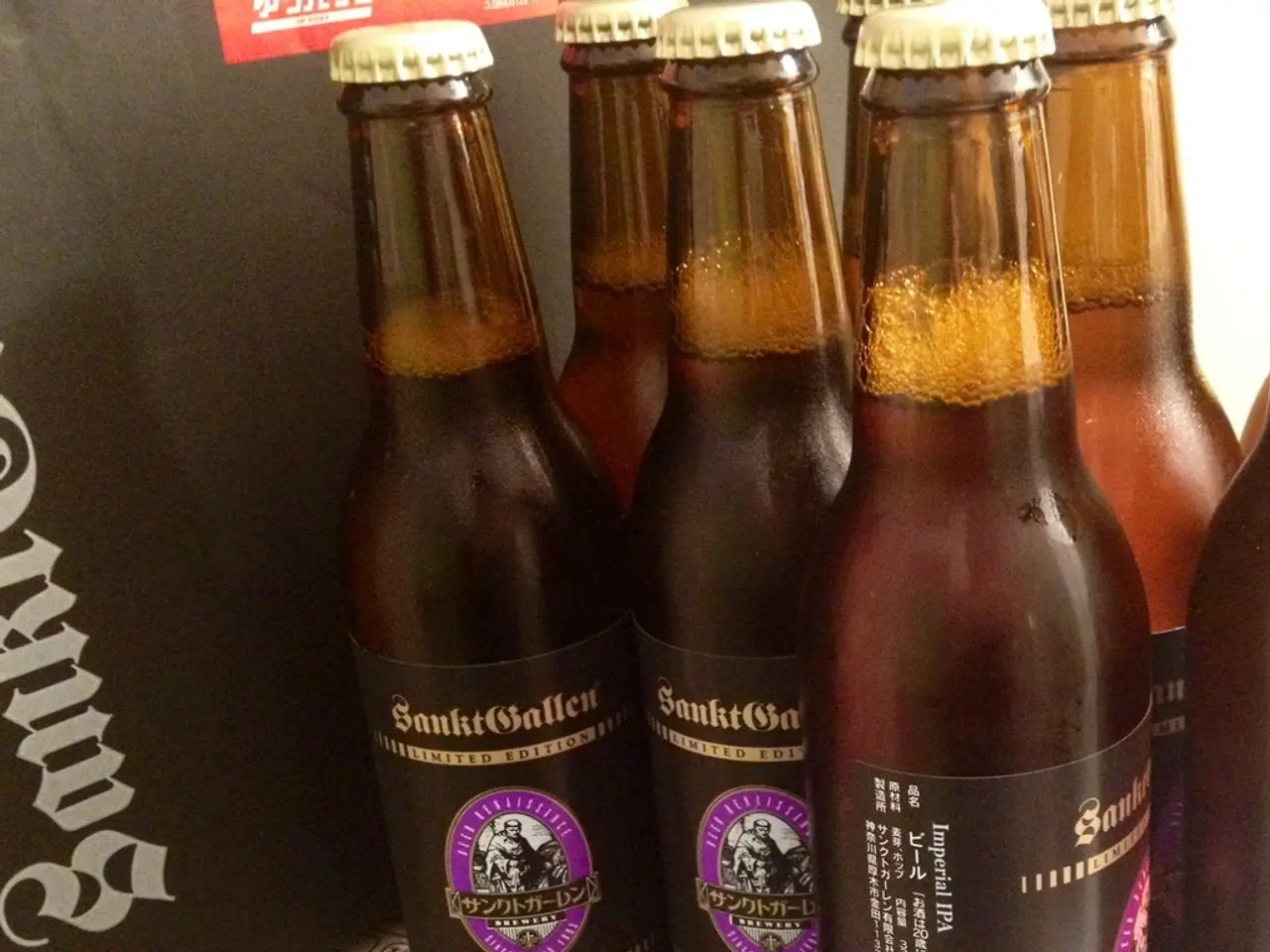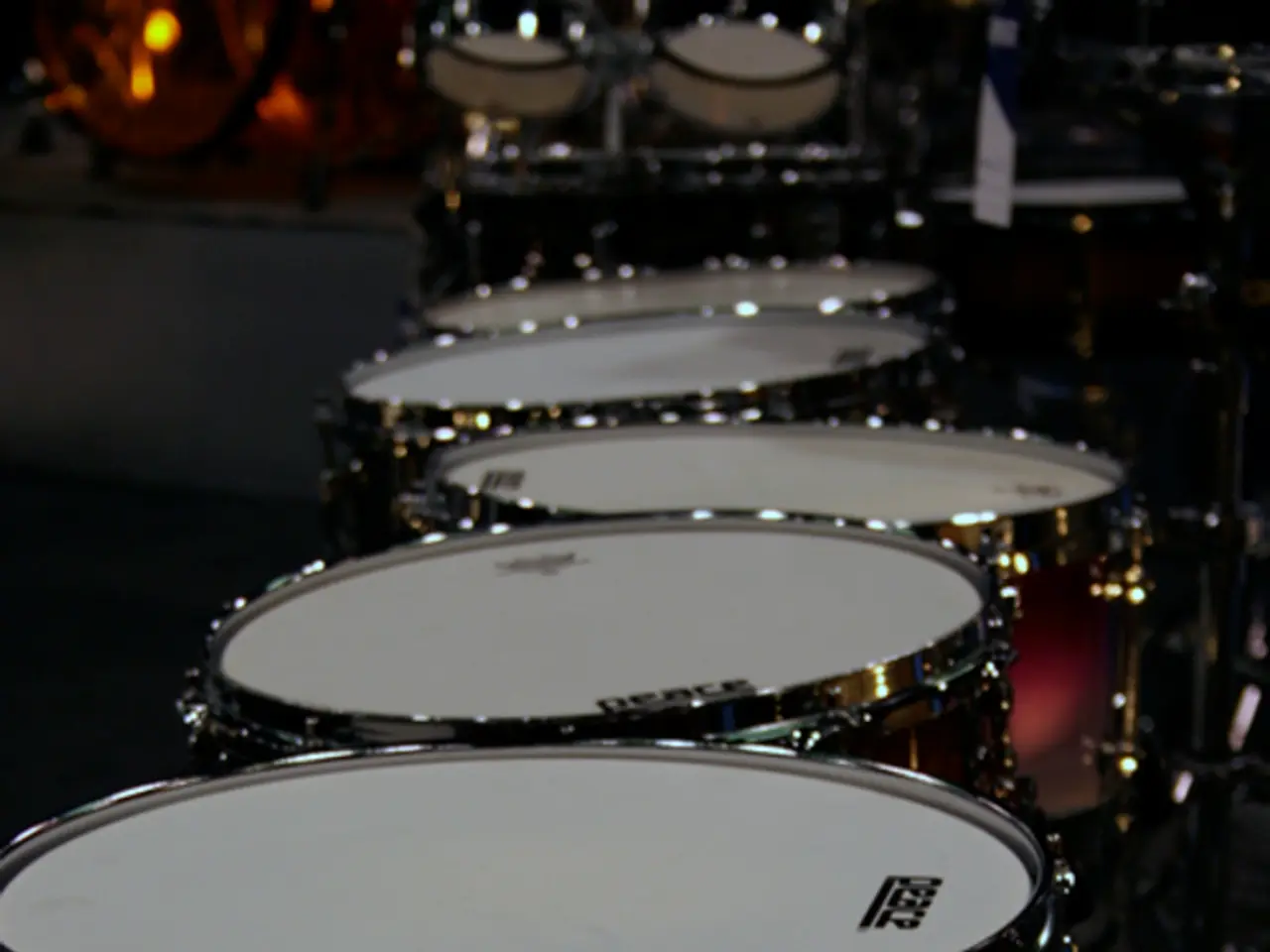Ensuring Child Formula Security for Infant Wellbeing
New parents have many concerns when it comes to feeding their babies, and one of the most common is preparing infant formula. To ensure the safety and nutritional quality of the formula for newborn babies, it's essential to follow the FDA and expert guidelines. Here are some key points to remember:
Storage of Powder Formula
Keep unopened powder formula in a cool, dry, indoor place. Do not store powder formula in the refrigerator. Use powder formula before the “use-by” date printed on the container, as mandated by the FDA to ensure nutrient quality and safety.
Prepared Formula Storage
Formula made from powder, liquid concentrate, or ready-to-feed formula can be stored in the refrigerator for up to 24 hours (powder-prepared) or 48 hours (liquid concentrate or opened ready-to-feed). Once formula is prepared and at room temperature, it can sit out safely for up to two hours. After a baby drinks from a bottle, the remaining formula should be used within one hour or discarded to prevent bacterial growth caused by saliva mixing with the formula.
Preparation
Wash hands thoroughly before preparing formula. Use clean bottles and nipples. Always follow the specific instructions on the formula container or those given by health professionals. When mixing, always add water first, then the formula powder. Avoid diluting formula with extra water, as this can be dangerous and cause health issues for the baby.
Reheating
While specific reheating instructions are not detailed, the general practice endorsed by the FDA and pediatric guidelines is to warm formula safely by placing the bottle in warm water or using a bottle warmer, not microwaving (to avoid hot spots). Shake the bottle well after warming to distribute heat evenly. Use warmed formula immediately and discard any leftover within one hour, consistent with the time limits after a baby has fed.
Expiration
Never use formula past the “use-by” date. This date guarantees the formula retains its nutrient content and safety when stored as recommended.
Additional Tips
- Spoiled formula: If left outside the refrigerator (or a cold cooler) for more than 2 hours, it should be discarded.
- Storing premade bottles of formula: Maintain them between 35-40°F until use.
- Refrigerator storage times for formula: 2 Days.
- Fill each bottle with formula for just one feeding.
- Boil water for formula if advised by a doctor, and allow it to cool to room temperature (35-75°F) before mixing with powder.
- Foodborne illness in infants: Can be fatal.
- Microwave heating: Be cautious as microwaves cause hot spots in food and liquid.
- Refrigeration after baby does not finish formula: Bacteria from the baby's mouth can grow and multiply in the refrigerator and after reheating, so don't put the bottle back in the refrigerator if the baby does not finish it.
- Write the date on the bottle before storing to help remember when it was made.
- Make only bottles needed for one day, and do not keep premade bottles longer than 48 hours.
- Wash all bottle items (bottles, nipples, covers, can openers) inside and out in hot, soapy water, then let them air dry.
- Heating formula on the stove: Place the premade bottle in a pan filled with water and heat it on the stove.
In summary, cleanliness, adherence to manufacturer instructions, appropriate refrigeration times, limiting room temperature exposure, and discarding leftovers after feedings are critical to safely feeding newborns with infant formula. Always consult with a doctor for any specific concerns or advice.
- To promote family-health and ensure food safety, it's crucial for new parents to follow science-backed guidelines when preparing and storing infant formula.
- Incorporating health-and-wellness practices, such as proper storage and preparation, into parenting routines can help maintain a baby's nutrition and prevent potential health-issues related to the formula.
- Fitness-and-exercise are not directly linked to infant formula feeding; however, maintaining a healthy family lifestyle, coinciding with the provision of safe and nutritious food for the baby, is beneficial for long-term health and well-being.




